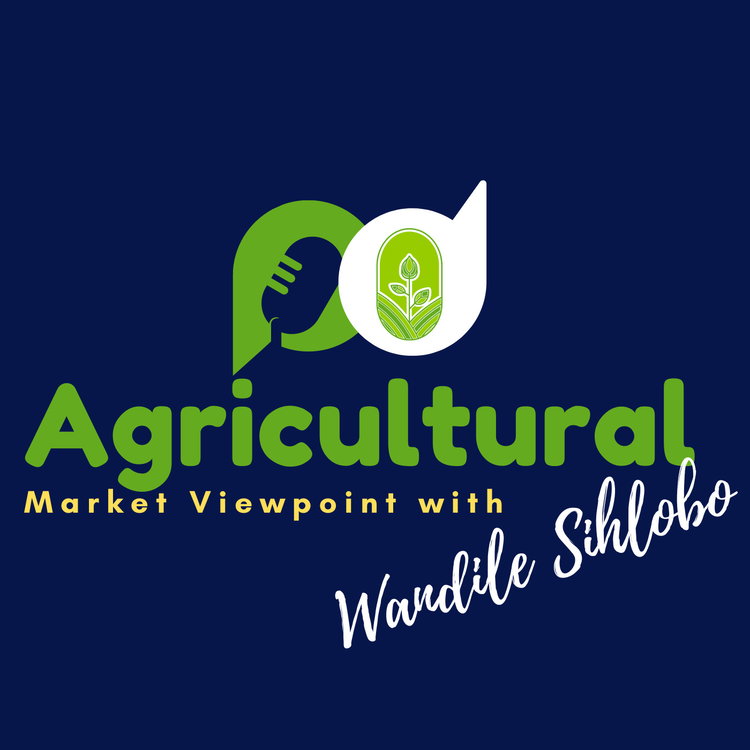
The easing agricultural trade friction in SACU is crucial
Loading player...
The Southern African region has experienced agricultural trade friction in the past few years. Namibia and Botswana placed a ban on the imports of South African vegetables and citrus. Simply put, the rationale of both Namibia and Botswana was that the import ban ensures that their domestic producers are not exposed to the South African competition, thus having space to rebuild for self-sufficiency.
With all these countries under the customs union, the Southern African Customs Union (SACU), such a policy reaction is outside the spirit of free trade. While South African fruit exports could be redirected to other markets worldwide, the vegetable industry had to bear the financial impact of the reduced regional demand.
Beyond the trade breaching of the customs union spirit, Botswana and Namibia also have limitations regarding the land's potential to produce sufficient high-quality vegetable products. Thus, there have been various reports of food inflation challenges in these countries.
Fortunately, South Africa did not react irresponsibly to the ban on its vegetable and citrus exports. The major objective should always be to enhance regional agricultural production and discourage the fragmentation these bans attempt.
With a new administration under President Duma Boko, there is an opportunity to reverse the prohibitions of the previous administration and encourage stronger regional agricultural production and trade. The priority should be to ensure that the people of Botswana can access high-quality agriculture and food products.
Listen to the podcast for more insights.
Richard Humphries, Sam Mkokeli, and Amanda Murimba produce this podcast.
With all these countries under the customs union, the Southern African Customs Union (SACU), such a policy reaction is outside the spirit of free trade. While South African fruit exports could be redirected to other markets worldwide, the vegetable industry had to bear the financial impact of the reduced regional demand.
Beyond the trade breaching of the customs union spirit, Botswana and Namibia also have limitations regarding the land's potential to produce sufficient high-quality vegetable products. Thus, there have been various reports of food inflation challenges in these countries.
Fortunately, South Africa did not react irresponsibly to the ban on its vegetable and citrus exports. The major objective should always be to enhance regional agricultural production and discourage the fragmentation these bans attempt.
With a new administration under President Duma Boko, there is an opportunity to reverse the prohibitions of the previous administration and encourage stronger regional agricultural production and trade. The priority should be to ensure that the people of Botswana can access high-quality agriculture and food products.
Listen to the podcast for more insights.
Richard Humphries, Sam Mkokeli, and Amanda Murimba produce this podcast.

